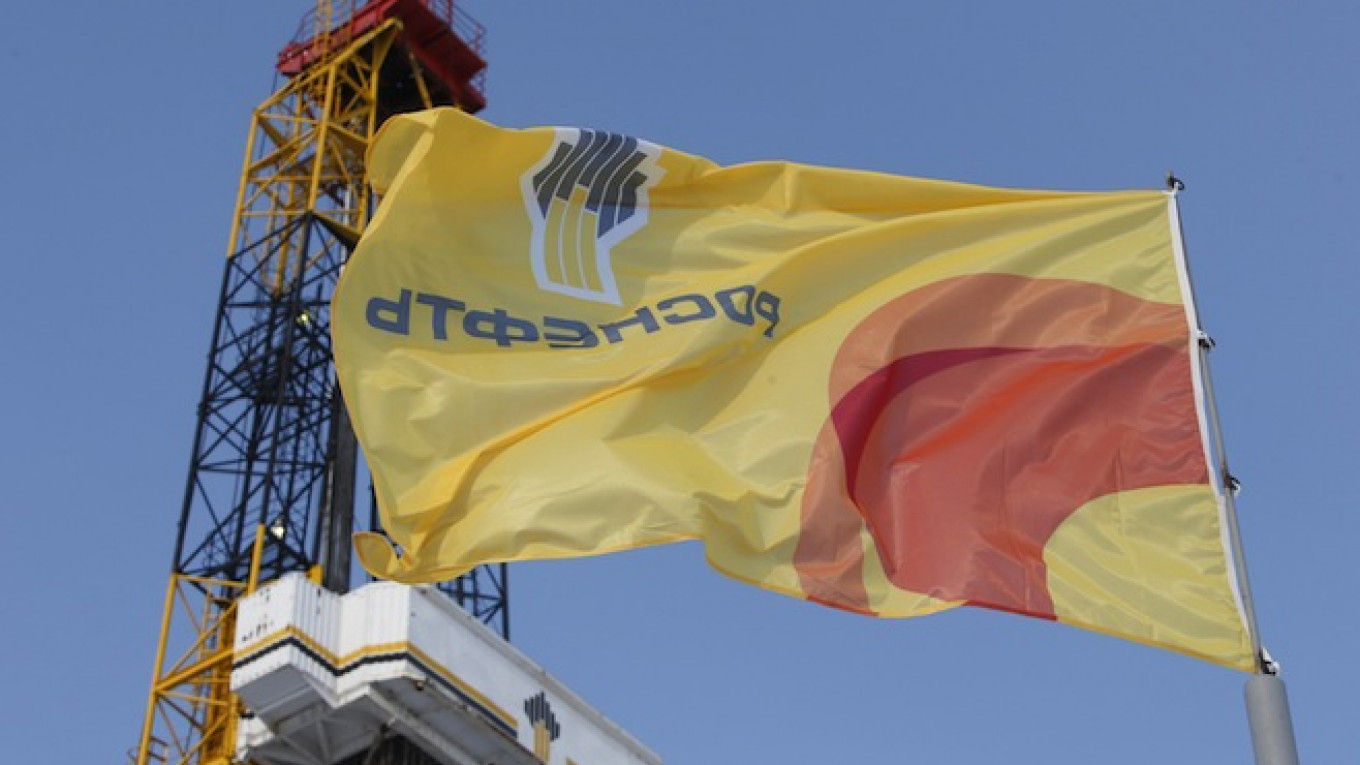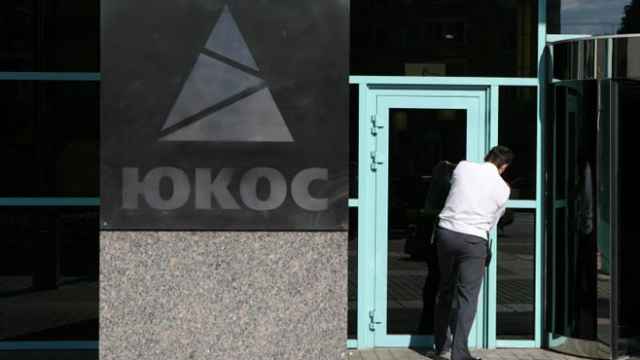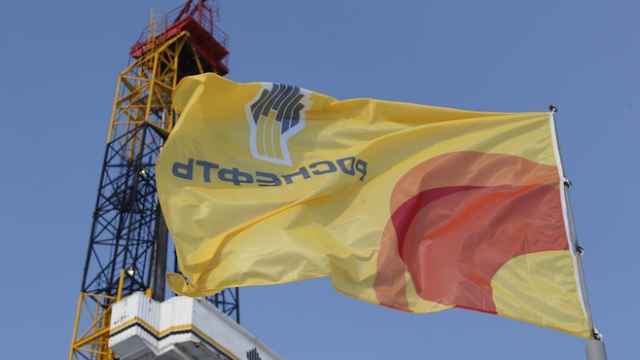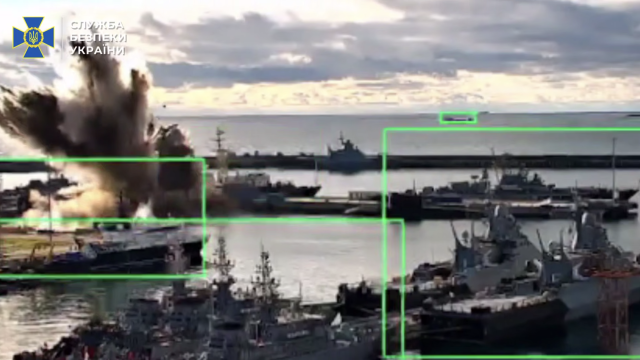Russian energy producer Rosneft may have to delay development of its liquefied natural gas (LNG) plant on the Pacific island of Sakhalin for at least two years, sources said, after prices fell and financing all but dried up due to Western sanctions.
The delay is the latest blow to Rosneft, which has also been forced to suspend drilling at an oil project in the Arctic after sanctions imposed on Russia by the West over the Ukraine crisis halted cooperation with ExxonMobil.
Rosneft, which has spearheaded President Vladimir Putin's drive to increase oil and gas output and secure Russia's energy dominance, signed an agreement with Exxon in 2013 that aimed at starting production of 5 million tons per year of LNG from 2018 at Sakhalin.
Russia is the world's largest exporter of natural gas but mostly exports it by pipeline to customers in Europe. Once liquefied, natural gas can be transported by ship to customers in Asia, helping fulfill the Kremlin's goal of finding new markets.
Two sources with direct knowledge of the project said the 2018 target was no longer realistic.
A source at Rosneft, who declined to be named because he was not authorized to speak to the media, said the plant would most probably "be postponed for three to five years because of lack of funds and low fuel prices."
A second source said it could be delayed for two years.
"This is not a surprise," the source said. "The year 2018 had never been seen as the final deadline. All the stuff that's happening — a decline in LNG prices, a slump in demand, the economic crisis — only confirms that."
A Rosneft company spokesman said there had been no change to the project's timeline: "Rosneft has not revised the terms for the implementation of the far east LNG project."
Exxon's Moscow office declined to comment. A spokesman at Exxon's headquarters in Texas also declined to comment.
In May 2014, Rosneft and Exxon signed a deal to continue work on the LNG plant, which will be partly fed from gas produced at Sakhalin-1, an oil and gas project in which Exxon is a major investor.
Rosneft Hurt
State-controlled Rosneft has struggled financially under sanctions imposed a year ago over the Ukraine conflict, which have all but cut it off from financing from U.S. and European capital markets. Sanctions rules have also limited Western cooperation in exploring Russia's Arctic, deep-water and hard-to-recover oil deposits.
Run by Putin ally Igor Sechin, the energy producer has run up record debts of 2.47 trillion rubles ($44 billion), much of it to buy out the stake of Britain's BP in a joint venture in 2013.
It has since asked the state to give it around 1.3 trillion rubles from the country's rainy-day National Wealth Fund to help finance various projects. The firm needs to cover about $16 billion in payments to Western banks this year.
With fewer funds available after budget revenues were hit by falling oil prices, the government has yet to say how much it can offer Rosneft as it weighs the needs of several state companies that have few sources of financing.
Demand for LNG in Asia surged between 2010 and 2014, but since then prices have fallen. Spot prices are now trading at about $7.5 per million British thermal units from about $15 per mmBtu last year.
Valery Nesterov, an analyst with Sberbank CIB, said he thought the project could start no sooner than 2020.
"The project can be put into effect with substantial support from the state, which is suffering from a lack of funds," he said. "I think the project's implementation has been moved to the beginning of the 2020s."
A Message from The Moscow Times:
Dear readers,
We are facing unprecedented challenges. Russia's Prosecutor General's Office has designated The Moscow Times as an "undesirable" organization, criminalizing our work and putting our staff at risk of prosecution. This follows our earlier unjust labeling as a "foreign agent."
These actions are direct attempts to silence independent journalism in Russia. The authorities claim our work "discredits the decisions of the Russian leadership." We see things differently: we strive to provide accurate, unbiased reporting on Russia.
We, the journalists of The Moscow Times, refuse to be silenced. But to continue our work, we need your help.
Your support, no matter how small, makes a world of difference. If you can, please support us monthly starting from just $2. It's quick to set up, and every contribution makes a significant impact.
By supporting The Moscow Times, you're defending open, independent journalism in the face of repression. Thank you for standing with us.
Remind me later.






